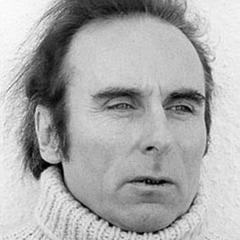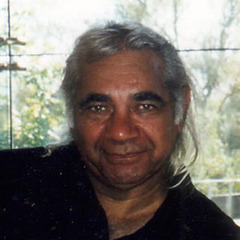Francis Quarles Quotes - Page 6
Francis Quarles (1844). “Enchiridion Institutions, Essays and Maxims, political, moral & divine. Divided into four centuries. By Francis Quarles”, p.82
Francis Quarles, Christopher Harvey (1866). “Emblems, divine and moral; The school of the heart [really by C. Harvey] and Hieroglyphies of the life of man”, p.328
Francis Quarles (1844). “Enchiridion Institutions, Essays and Maxims, political, moral & divine. Divided into four centuries. By Francis Quarles”, p.75
Lust is a sharp spur to vice, which always putteth the affections into a false gallop.
Richard Crashaw, Francis Quarles, George Gilfillan (1857). “The Poetical Works of Richard Crashaw and Quarles' Emblems”, p.213
Francis Quarles (1844). “Enchiridion Institutions, Essays and Maxims, political, moral & divine. Divided into four centuries. By Francis Quarles”, p.94
Neutrality is dangerous, whereby thou becomest a necessary prey to the conqueror.
Francis Quarles (1844). “Enchiridion Institutions, Essays and Maxims, political, moral & divine. Divided into four centuries. By Francis Quarles”, p.7
Francis Quarles (1844). “Enchiridion Institutions, Essays and Maxims, political, moral & divine. Divided into four centuries. By Francis Quarles”, p.5
Francis Quarles (1777). “Emblems”, p.87
Francis Quarles (1856). “Enchiridon: containing institutions divine, moral”, p.140
Francis Quarles (1844). “Enchiridion Institutions, Essays and Maxims, political, moral & divine. Divided into four centuries. By Francis Quarles”, p.60
The suburbs of folly is vain mirth, and profuseness of laughter is the city of fools.
Francis Quarles (1844). “Enchiridion Institutions, Essays and Maxims, political, moral & divine. Divided into four centuries. By Francis Quarles”, p.56
Francis Quarles, William Walker Wilkins (1866). “Emblems, Divine and Moral: The School of the Heart ; And, Hieroglyphics of the Life of Man”, p.11
Francis Quarles (1777). “Emblems divine and moral: together with hieroglyphics of the life of man”, p.26
Francis Quarles (1861). “Quarles' emblems, illustr. by C. Bennett and W.H. Rogers”, p.28
Whose gold is double with a careful hand, His cares are double.
Richard Crashaw, Francis Quarles, George Gilfillan (1857). “The Poetical Works of Richard Crashaw and Quarles' Emblems”, p.214
Charity is a naked child, giving honey to a bee without wings.
Francis Quarles (1844). “Enchiridion Institutions, Essays and Maxims, political, moral & divine. Divided into four centuries. By Francis Quarles”, p.29







